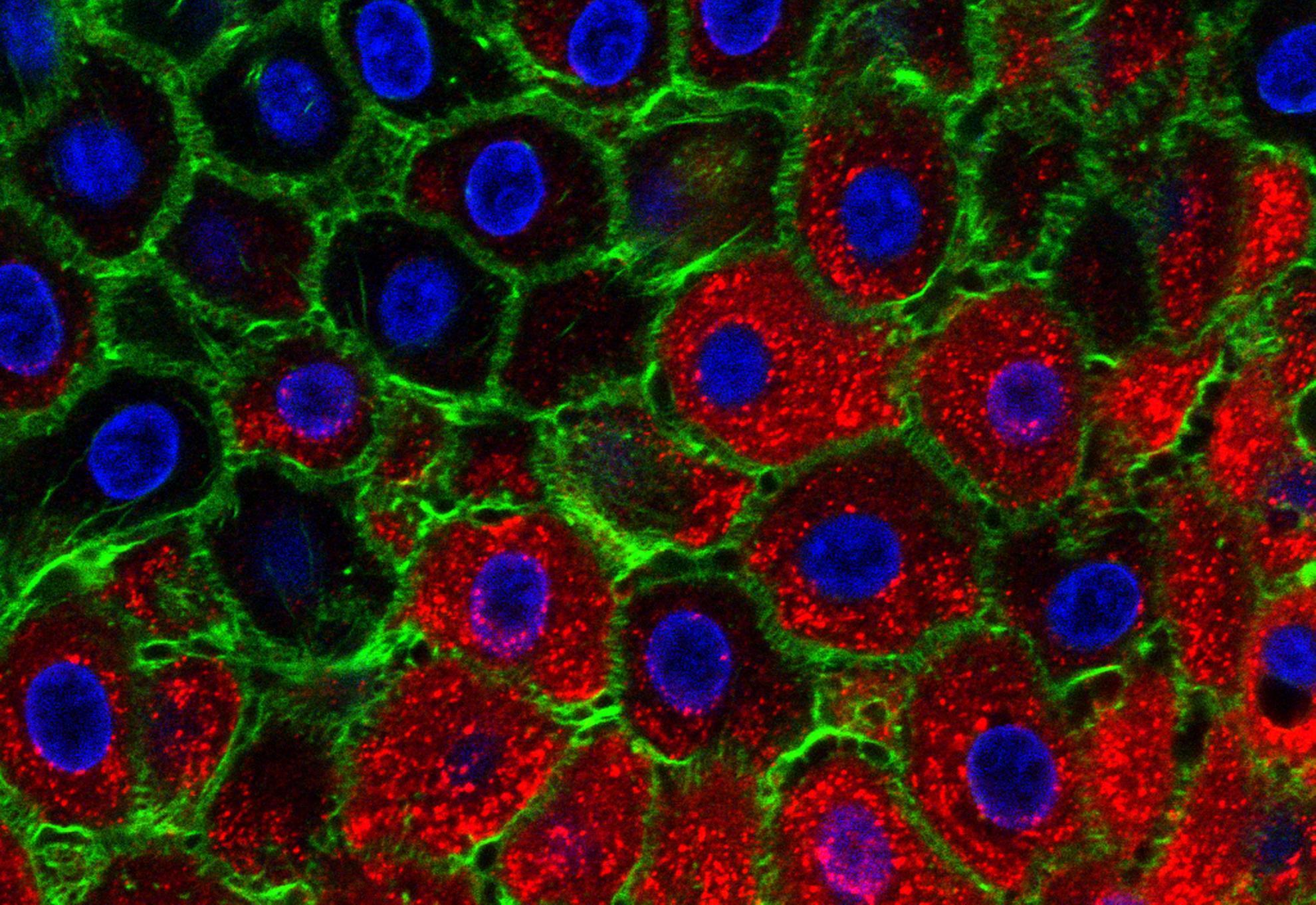Adenovirus expressing human interferon inhibits replication of foot and mouth disease virus and reduces fatal rate in mice
Interferon is an important cytokine that plays a critical role in the initial host defense against viral infection. Recombinant human adenoviruses expressing human interferon-? (Ad-HIFN?) or pig interferon-? fused with interleukin-18 (Ad-PIFN?-IL18) were constructed and used to induce an early protective response against foot and mouth disease (FMD). To analyze the antiviral effect, bovine thyroid and porcine kidney IBRS-2 cells and ICR mice were treated with Ad-HIFN?, Ad-PIFN?-IL18, and cocktail of Ad-HIFN? and Ad-PIFN?-IL18. The survival rate of suckling mice was monitored after foot and mouth disease virus (FMDV) challenge following intra-peritoneal (IP) administration of appropriate adenovirus. Indirect antigen ELISA was performed to evaluate inhibition of FMDV replication following challenge with the FMDV O, A, or Asia 1 serotypes in vitro. These recombinant adenoviruses reduced the replication of FMDV in susceptible cells, thereby decreasing the fatality in mice, suggesting that they can be a useful control method for the early protection against FMD infection in livestock after field trial.
Back to publications
